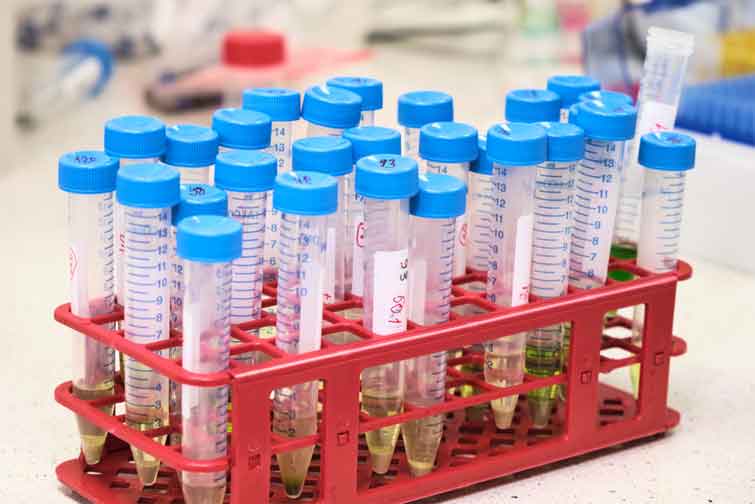For FDA inspections in the first 3 months, the most consistent finding at Principal Investigator sites has been the failure to follow the investigational plan. The FDA has recently been pointing out that the root cause is poorly designed protocols and failure of the clinical site to follow it adequately. As the Principal Investigator, it is important to attend training and be active in discussions of the protocol. If the protocol does not fit into the normal process flow of a clinical site, it can often lead to deviations.
An example of this could be a situation where there could be (and often is) more blood work to be drawn at the clinical trial visit. Often the clinic personnel are familiar drawing certain lab tests for a certain patient population. When there is a lab test with special handling or drawing procedures, this can often causes errors and deviations by the investigator site personnel.
This is one of the many reasons to have a solid training standard operating procedure for the clinical research site personnel. By ensuring that the entire team has been trained and that a training process is consistent, this can prevent an alert for the FDA to perform an audit. In the event that an audit occurs this critical Clinical Research SOP can prevent errors from occurring and show the inspector that there is a strong process in place. Having this training process in place can often improve not only the amount of deviations, but also the auditors perception of how “clean” an Investigative Site is.
Medical Device Clinical Trials SOPs

The Federal Drug Administration (FDA) has issued draft guidance which addresses improving design for Clinical Trials in the Medical Device industry. The FDA is asking for feedback on this proposed guidance. While this is not a finalized guidance, one thing this does mean for the industry is significant change in the oversight of clinical trials and a need for GCP Medical Device Standard Operating Procedures (SOPs).
The FDA states that current PMA applications for Class III medical devices undergo stringent and rigorous oversight. This includes clinical trials data submission very similar to that of pharmaceutical studies. The FDA is now focusing on increasing the data reliability of non-PMA Medical Device Clinical Trials.
The highlights include:
Minimizing variability and bias
Choosing the right type of clinical trial
Selecting study participants
Selecting study sites
Setting suitable study objectives

